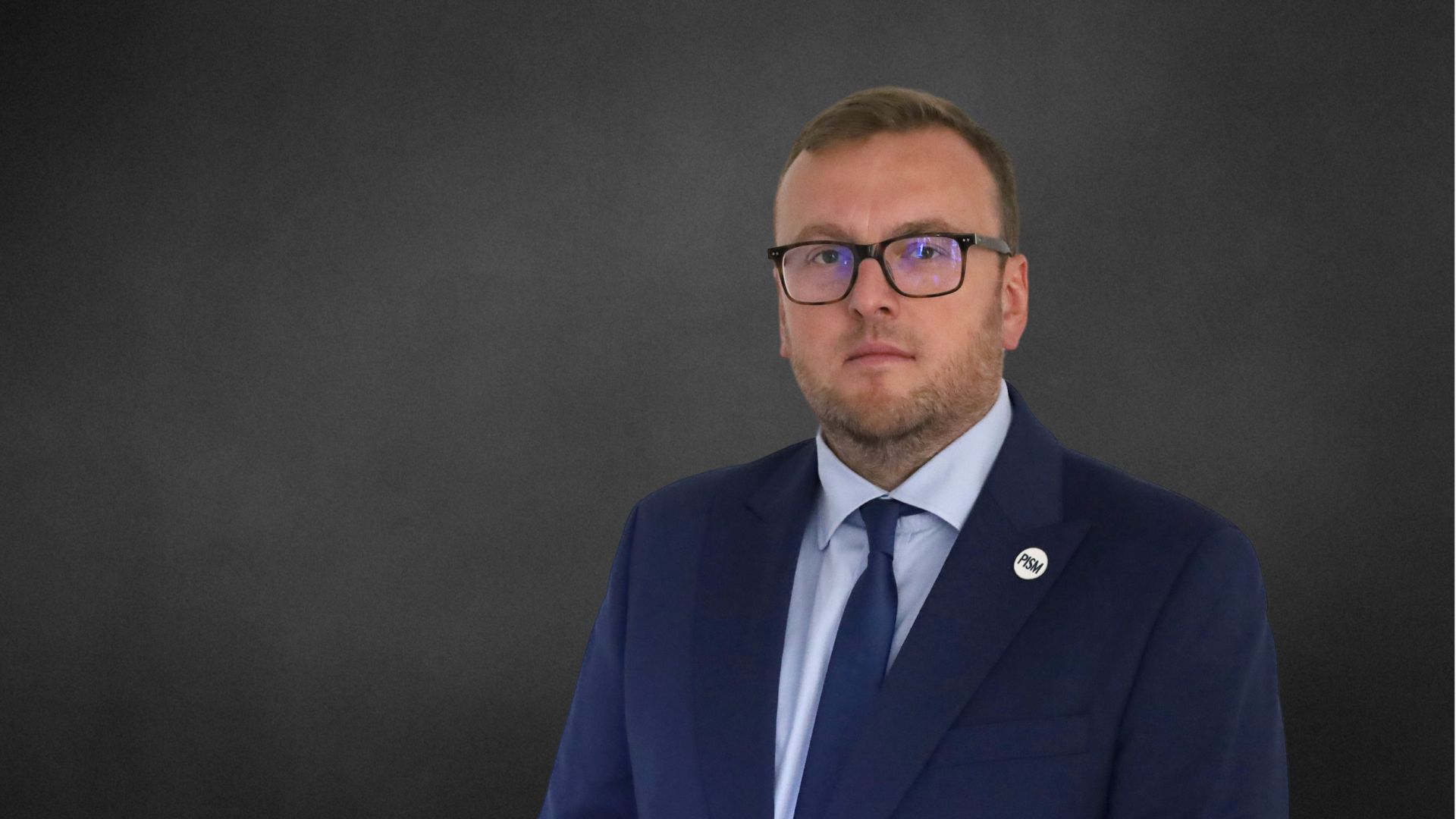Political Crisis in Georgia Continues
On 25 November, the ruling Georgian Dream convened the inaugural session of the new parliament without the constitutionally required consent of President Salome Zurabishvili. The opposition boycotted the session, announcing that it would not take up the seats allocated to it. Then, on 28 November, the Georgian government announced the suspension of talks with the EU on membership of the organisation until 2028. This portends a further exacerbation of the serious political crisis following October’s parliamentary elections, which the opposition and the president consider to have been rigged.
.png) Irakli Gedenidze / Reuters / Forum
Irakli Gedenidze / Reuters / Forum
What is the dispute over the convening of parliament?
President Zurabishvili does not recognise the results of the October parliamentary elections and therefore refused to convene the inaugural session of the new parliamentary term. According to Georgian Dream (GD), the president is violating the constitution, according to which she has 10 days from the announcement of the election results, in this case on 16 November. The session was called instead by the most senior MP of the new term from the ruling party, citing the rules of parliament. This step, in turn, was deemed unconstitutional by the president and the opposition, whose MPs did not attend the meeting and did not take up their seats. They question the legitimacy of the new parliament, claiming that the legislature requires a quorum of two-thirds of the MPs to be in session—100 seats—while the GD only has 89 seats in total.
What is the position of the opposition and the president?
The president belives the inauguration of parliament to be put on hold until the Constitutional Court has ruled on a petition to annul the elections. The president and the opposition argue that the parliamentary elections should be repeated under the supervision of the international electoral commission. This demand was rejected by the GD. Over the past several weeks, the opposition, together with NGOs, has tried unsuccessfully to influence the situation in the country by presenting evidence of electoral irregularities, challenging the results of the vote in individual constituencies to the courts (all such complaints were rejected by the courts), protesting in the streets, and informing foreign partners, including EU countries and the United States, of the suspected electoral fraud.
What has been the reaction of the EU and the U.S.?
So far, neither the EU nor the U.S. has addressed the controversy surrounding the inaugural meeting of the Georgian parliament, although they have been addressing the issue of the Georgian parliamentary elections and their possible consequences in the past weeks. A meeting of EU foreign ministers on 18 November even discussed possible sanctions against the Georgian government. The EU decided to provide €100 million to Georgian NGOs and media, redirecting funds originally planned to support Georgian government programmes. In addition, the head of EU diplomacy Josep Borrell announced a technical mission to Georgia to investigate the post-election situation on the ground. Meanwhile, U.S. State Department spokesman Matthew Miller, on the one hand, announced support for the Georgians’ Euro-Atlantic aspirations, while on the other hand, not ruling out taking additional measures in response to the undemocratic steps of the GD government.
What has been Russia’s reaction?
The Russian authorities have so far not taken a position on the inauguration of the Georgian parliament. After the elections, the head of Russian diplomacy Sergei Lavrov rejected allegations of Russian interference in the electoral process, instead accusing the EU and the U.S. of trying to instigate a “colour revolution” in Georgia. Russian Foreign Ministry spokeswoman Maria Zakharova said that the U.S. and the EU want to destabilise the internal situation and change the government in Georgia. In her view, the EU is threatening to punish the Georgian authorities by imposing sanctions despite the “sovereign course” of their policy that has received the approval of the majority of Georgian society.
What are the chances and prospects for resolving the crisis?
The peaceful street protests accompanying the crisis turned out to be less numerous than the opposition had expected. It will now try to radicalise them (particularly after the GD government’s announcement that it will suspend EU membership talks until 2028), but the chances of this seem limited. Rather, a gradual self-suppression of the protests is to be expected due to a lack of faith in their success. At the same time, a compromise to the crisis can hardly be expected. The GD will not call new parliamentary elections, but will instead close the de facto one-party political system by electing a new president by indirect vote (Zurabishvili’s term ends in mid-December). The ruling party’s agreement to external mediation should also be ruled out. How the opposition will function outside parliament remains an open question for the time being. Both the EU and the U.S. should condition further relations with the Georgian authorities on their reaching a compromise with the opposition. If the authorities reject this, the EU, including Poland, and the U.S. should introduce sanctions against Georgia while continuing to support civil society.




.png)
.png)